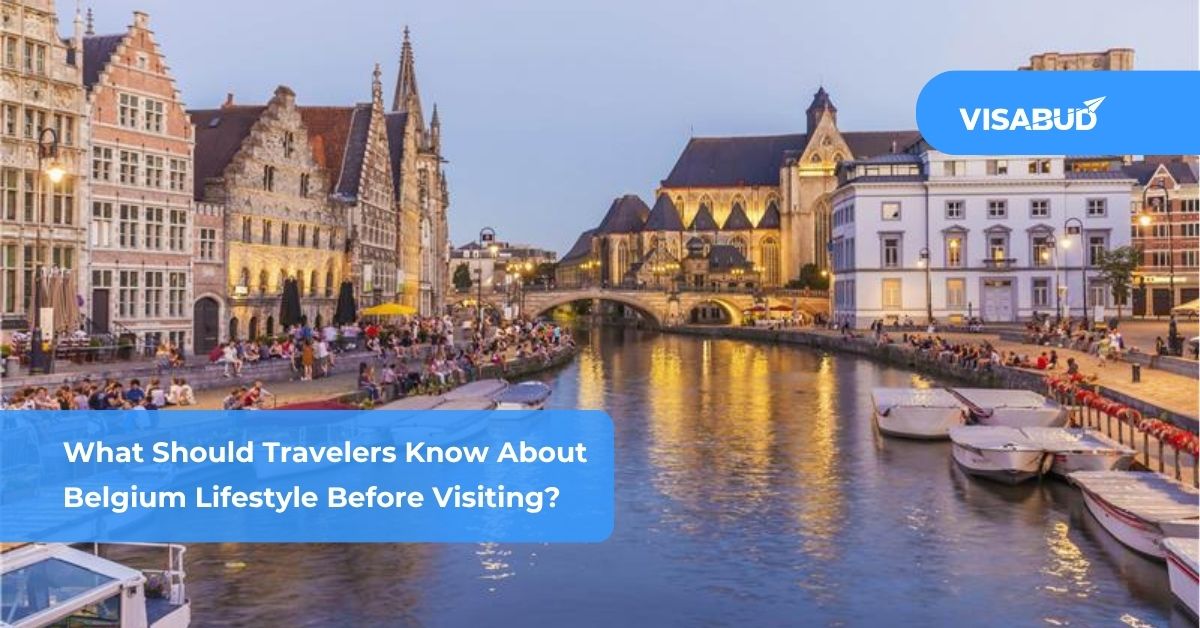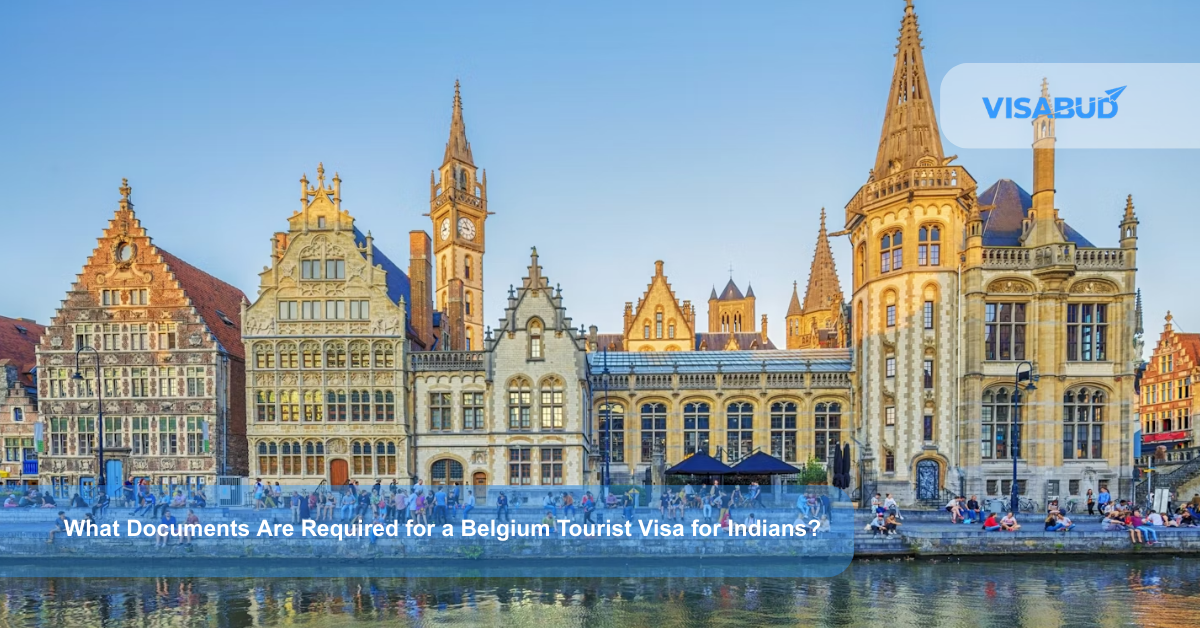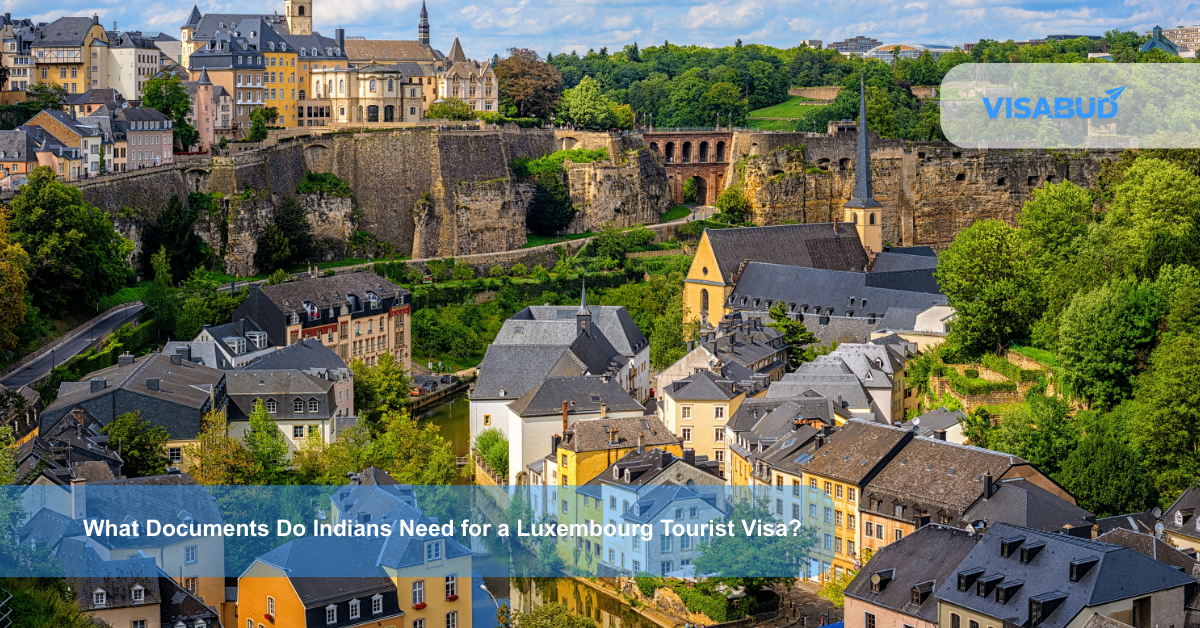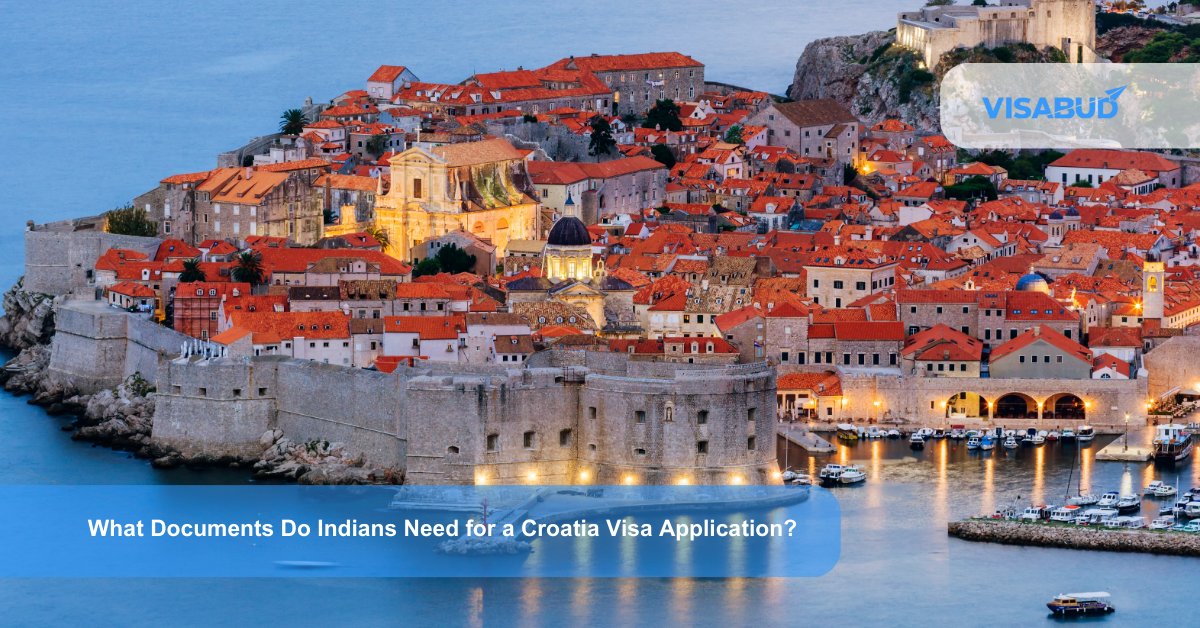What Should Travelers Know About Belgium Lifestyle Before Visiting? Belgium is a small yet remarkably diverse country in the heart of Europe, known not only for its rich history and stunning architecture but also for its unique lifestyle shaped by multiple cultures. For travelers planning a visit, understanding the Belgian way of life adds depth to the experience beyond just sightseeing. Belgium’s lifestyle reflects a blend of traditions influenced by its Dutch, French, and German-speaking communities, creating a vibrant social fabric.
Before arriving, it’s helpful to know how locals interact, what daily life looks like, and the customs that shape social behavior. From the importance Belgians place on punctuality to their love for food and convivial gatherings, these elements contribute to a welcoming but distinct cultural atmosphere. Appreciating these nuances helps travelers connect more meaningfully with the people and places they visit.
This guide will explore the essential aspects of Belgian lifestyle—from social etiquette and food culture to the rhythm of urban and rural life—giving first-time visitors practical insights. Whether you’re strolling through Brussels, exploring quaint villages, or attending a local festival, understanding the lifestyle will enrich your journey and help you travel respectfully and confidently in Belgium.
Overview of Belgian Culture and Society
Multilingual Nature: Dutch, French, and German Regions
Belgium is a unique blend of cultures, largely shaped by its multilingual nature. The country is officially divided into three language regions: Dutch-speaking Flanders in the north, French-speaking Wallonia in the south, and a small German-speaking community in the east. This linguistic diversity influences everything from daily communication to cultural traditions. Travelers will notice how language plays a vital role in shaping local identity and social interactions. For example, Brussels, the capital, is officially bilingual, reflecting Belgium’s complex cultural makeup.
Social Norms and Values: Politeness and Punctuality
In Belgium, civility and respect are the cornerstones of social conventions. Belgians generally value punctuality and see it as a sign of professionalism and courtesy. Whether attending a business meeting or meeting friends for dinner, being on time is expected. Politeness extends to everyday behavior people tend to greet with a firm handshake, maintain eye contact, and use formal titles until invited to be more casual.
Work-Life Balance and Everyday Routines
Work-life balance is highly regarded in Belgian society. Typical working hours usually end by early evening, giving people time to relax and spend with family. Weekends are often reserved for social activities, hobbies, and enjoying Belgium’s rich cultural offerings. This balance reflects a wider societal emphasis on quality of life rather than just career success.
Importance of Family and Community
Family and community form the backbone of Belgian life. Many Belgians have close-knit family ties and participate actively in local traditions and festivals. Community involvement, whether through neighborhood events or local clubs, is common. Visitors will find that Belgians, while sometimes reserved initially, are warm and welcoming once a connection is made.
Daily Life and Social Etiquette in Belgium
Understanding the everyday customs in Belgium can greatly enrich your visit and help you build genuine connections with locals. Belgian society places a strong emphasis on respect and politeness, which reflects in their daily routines and social behaviors.
How Belgians Greet Each Other
When meeting someone for the first time, a firm handshake accompanied by eye contact is the norm. Among friends and family, it’s common to exchange three light kisses on the cheek, beginning with the left. Titles like “Monsieur” or “Madame” are often used in formal situations, so it’s best to start with those unless the person invites you to use their first name. Overly familiar behavior during initial meetings is generally avoided, as Belgians value a certain degree of formality until trust is established.
Dining Habits and Meal Times
Meals in Belgium are moments of connection and appreciation. Lunch usually takes place around midday, between 12 and 2 pm, while dinner is often enjoyed later in the evening, from 7 to 9 pm. If you’re invited to someone’s home, arriving exactly on time is polite, though a small delay is generally accepted. When eating, wait until everyone has been served before beginning to eat, and keep your hands visible on the table. Saying “Bon appétit” prior to the meal is considered courteous. Belgian cuisine is a source of pride, so take your time to enjoy the flavors rather than rushing through your plate.
Tipping and Service Etiquette
While not mandatory, leaving a tip is a way to show appreciation. It is typical in restaurants to leave 5–10% for good service or to round up the bill. Some establishments may include a service charge, so it’s wise to check your receipt. For taxis, rounding up the fare is common, and small tips to hotel or tour staff are always welcomed.
Dress Code and Appearance
Belgians generally prefer a smart-casual style. Whether visiting a café or attending a meeting, neat and understated clothing is the rule. In urban centers like Brussels or Antwerp, people often favor stylish yet modest attire. Avoid overly casual clothing such as gym wear when you’re in public venues like restaurants or theaters to blend in smoothly.
Behavior in Public Spaces
Personal space and calmness are highly valued. Speak softly in public, especially on public transport, and avoid loud phone conversations. Queuing patiently and respectfully is expected, as pushing ahead is frowned upon. It’s polite to greet shopkeepers or service workers with a simple “Bonjour” or “Goede dag” when you enter their establishment.
Following these straightforward yet thoughtful customs will help you feel at ease and welcomed during your time in Belgium, offering you a richer and more authentic travel experience.
Food and Drink Culture in Belgium
Famous Belgian Foods: Waffles, Chocolate, Fries, and Beer
Belgium is famous worldwide for its delicious waffles, rich chocolates, crispy fries, and exceptional beer. Belgian waffles come in different regional styles, often served with toppings like powdered sugar, fresh fruit, or whipped cream. Belgian chocolates are celebrated for their quality and craftsmanship, making them a must-try for visitors. Belgian fries, or “frites,” are a beloved street food, usually served in paper cones with a variety of flavorful sauces. Beer holds a special place in Belgian culture, with hundreds of unique brews ranging from light blond ales to strong dark varieties, enjoyed both socially and with meals.
Typical Meal Structure and Dining Habits
In Belgium, meals tend to follow a clear structure. Lunch is often lighter and quicker, while dinner is the main meal of the day, typically eaten around 7 or 8 pm. Belgians focus on fresh, seasonal ingredients and take time to enjoy their food, often sharing meals with family or friends. Dining is not just about eating but about spending quality time together, reflecting the country’s appreciation for good company and good food.
Regional Food Differences
Belgium’s culinary landscape varies by region. Flemish cuisine features hearty dishes such as “carbonade flamande,” a rich beef stew cooked in beer. In contrast, Wallonia is known for game meats and river fish, showcasing a more rustic style of cooking. These regional specialties offer travelers a chance to experience Belgium’s cultural diversity through its food.
The Role of Cafés and Pubs in Belgian Social Life
Cafés and pubs in Belgium serve as important social hubs. They are places where locals gather to relax, enjoy traditional dishes, savor Belgian beer, and connect with others. Whether in bustling cities or small towns, these venues provide a welcoming atmosphere and are key to experiencing the authentic Belgian lifestyle.
Lifestyle in Belgian Cities vs. Rural Areas
Urban Lifestyle: Brussels, Antwerp, and Ghent
Belgium’s major cities Brussels, Antwerp, and Ghent offer a fast-paced and dynamic lifestyle. Brussels, as the nation’s capital and home to key European institutions, draws a diverse crowd, creating a cosmopolitan atmosphere. Antwerp is well-known for its vibrant fashion scene and bustling diamond district, making it a lively city with plenty of cultural and shopping opportunities. Ghent blends medieval charm with a youthful vibe, largely due to its large student population.
City life in these urban centers is characterized by busy schedules but easy access to an extensive public transportation network. Trams, buses, and trains connect neighborhoods and suburbs efficiently, making commuting straightforward. The urban lifestyle encourages a mix of work, socializing, and cultural exploration, attracting people who enjoy the energy and convenience cities provide.
Rural Lifestyle and Traditions in Wallonia and Flanders
In contrast, the rural regions of Wallonia and Flanders offer a much slower, peaceful lifestyle. These areas are marked by small villages where traditions remain strong, and community ties run deep. Residents often work in agriculture or small-scale crafts, embracing a way of life closely connected to nature.
The countryside is perfect for those seeking tranquility, with wide-open spaces and scenic landscapes. Rural life in Belgium emphasizes family, local festivals, and preserving cultural heritage. Visitors here can experience authentic Belgian traditions away from the city’s hustle and bustle.
Differences in Pace of Life and Transportation
The pace of life in Belgian cities is noticeably quicker, fueled by work and social commitments and supported by efficient public transport. In rural areas, life moves slower, with greater reliance on cars and bicycles for transportation. This contrast draws attention to Belgium’s varied way of life, which offers visitors both the tranquil appeal of the countryside and the bustle of urban centers.
Festivals, Traditions, and Public Holidays in Belgium
Belgium may seem quiet at first glance, but when it comes to celebrating, it knows how to do it with heart and history. Whether it’s a local village tradition or a city-wide celebration, festivals here aren’t just about events; they’re about people coming together, honoring the past, and enjoying the present.
The Spirit of Carnival
Carnival in Belgium is full of character and charm. In smaller towns like Binche, locals wear handcrafted masks, dance to brass bands, and take to the streets in full costume. These aren’t just fun traditions, they’re passed down through generations and deeply cherished. One unique moment is when performers toss oranges into the crowd not as a show, but as a kind gesture of community and good luck.
Ommegang: History Brought to Life
In Brussels, summer brings the Ommegang, a historical reenactment that feels more like a living storybook than a parade. Locals dress in medieval outfits, horses trot through cobbled streets, and folklore blends with theatrical storytelling. It’s not staged for tourists it’s something Belgians take genuine pride in.
Belgium’s Cozy Winter Markets
As the year winds down, cities like Ghent, Leuven, and Bruges light up with wooden stalls, candle-lit pathways, and the scent of sweet treats. Belgium’s winter markets aren’t just places to shop, they’re where families gather, couples stroll, and neighbors share a warm drink under twinkling lights.
National Day: A Moment of Togetherness
Every July 21, Belgium marks its national holiday with laid-back celebrations. It’s less about flashy parades and more about enjoying time with loved ones, local music, and fireworks over historic buildings. It’s a reminder of how Belgians value connection over grandeur.
What Travelers Should Know Before Visiting Belgium
Practical Tips to Help You Blend In and Enjoy the Local Lifestyle
Visiting Belgium for the first time can be both exciting and eye-opening. While the country is known for its warm hospitality, waffles, and architecture, understanding a few local habits will help you feel more connected and less like a tourist.
Interacting with Locals: Be Polite, Not Pushy
Belgians tend to be reserved and formal, especially with strangers. A polite greeting such as “Bonjour” in French-speaking areas or “Hallo”/“Goeiedag” in Dutch-speaking regions goes a long way. They don’t typically engage in small talk with strangers but are courteous and helpful if approached kindly.
Language and Communication Tips
While English is widely understood, especially in cities it’s respectful to learn a few basic words in French or Dutch. It shows effort and earns appreciation. Avoid speaking loudly in public and wait your turn to speak, as interrupting is seen as rude.
Safety and Cultural Sensitivity
Belgium is a safe country, but standard precautions apply keep an eye on personal belongings in public spaces and avoid isolated areas late at night. Avoid sensitive topics like politics or regional identity unless you’re well-informed. Be mindful of public etiquette and refrain from being too chatty or casual.
Adapting to Local Lifestyle
Life in Belgium moves at a calm, measured pace. Be punctual, dress neatly, and respect queues. Locals appreciate modesty, organization, and cultural awareness. By observing and blending into the rhythm of daily life, you’ll not only be welcomed you’ll enjoy Belgium as locals do.
Conclusion
Belgium may be a small country, but its lifestyle is rich with tradition, warmth, and quiet charm. From its multilingual culture and refined etiquette to its passion for food, history, and community life, Belgium offers travelers a chance to experience Europe in a way that feels both relaxed and deeply meaningful.
Whether you’re strolling through the medieval streets of Bruges, enjoying fries with locals at a sidewalk café, or chatting with friendly Belgians in a village market, understanding and respecting local customs will go a long way. A simple “bonjour” or “goede dag” opens doors to genuine conversations.
For first-time visitors, embracing the Belgian way of life unhurried, polite, and rooted in heritage will not only enhance your trip but also leave you with lasting memories. Travel thoughtfully, listen closely, and let Belgium welcome you in its own quiet, beautiful way.







